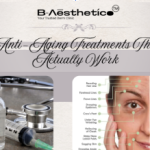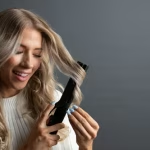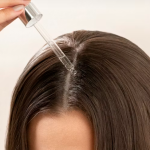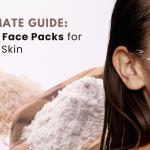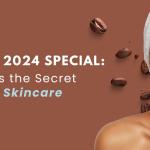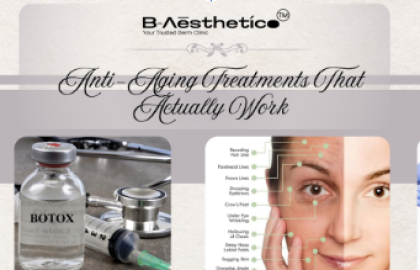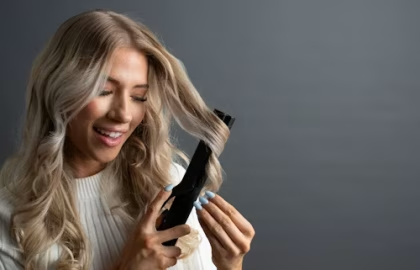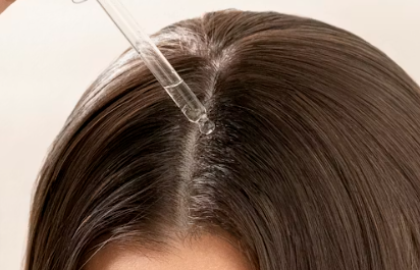How to Care for Your Skin After Permanent Makeup?
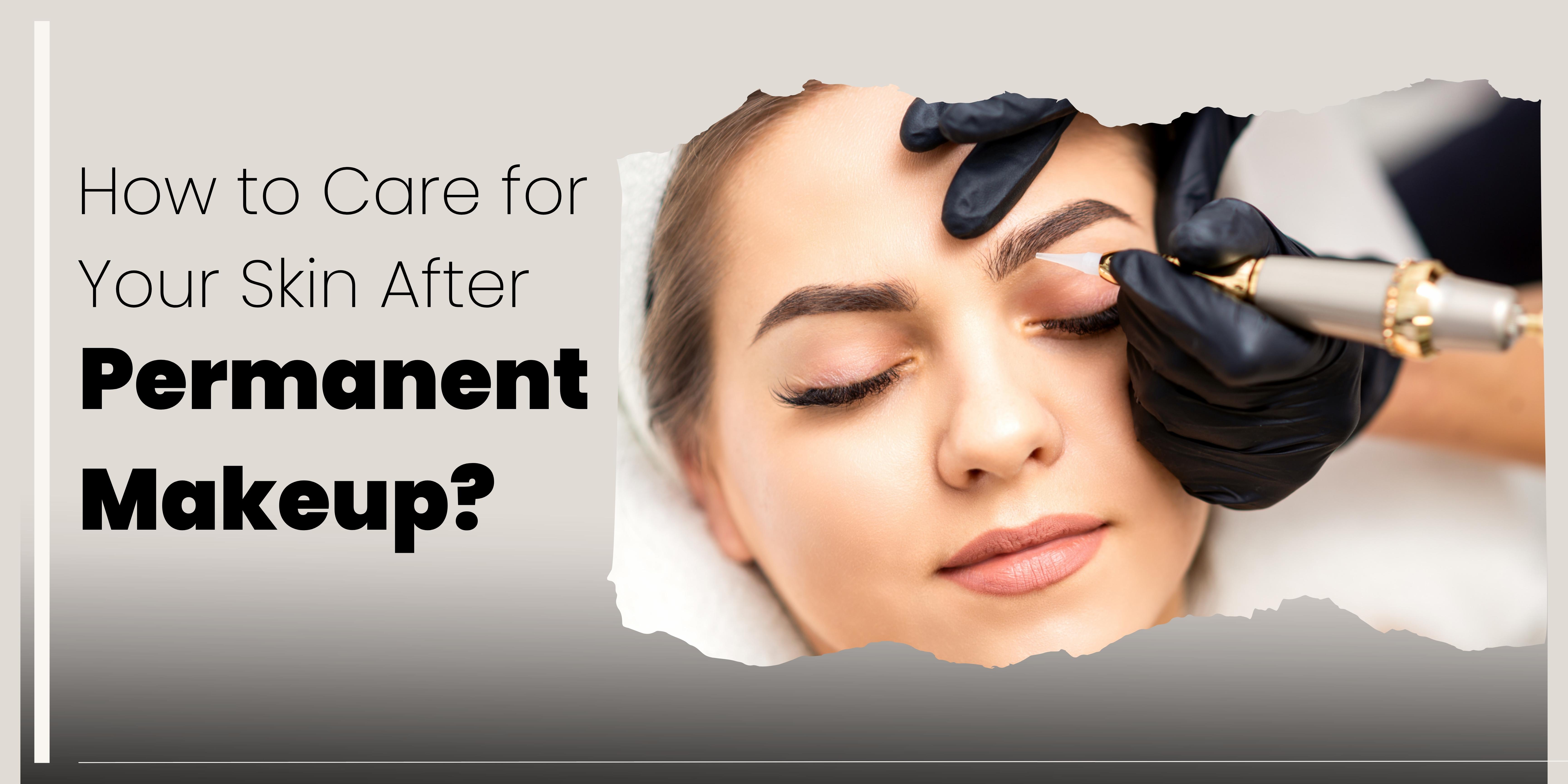
Permanent makeup, also known as cosmetic tattooing, can enhance your features and save time on your daily beauty routine. However, just like any tattoo, it requires proper care to ensure the best results and avoid complications. Here’s a comprehensive guide on how to care for your skin after getting permanent makeup.
Understanding Permanent Makeup
Permanent makeup involves using a needle to insert pigment into the skin, creating the look of makeup. Common areas for permanent makeup include eyebrows, eyeliner, and lips. The procedure can cause some swelling, redness, and discomfort, similar to a regular tattoo.
Immediate Aftercare
1. Keep the Area Clean
Right after the procedure, your skin will be sensitive. Clean the treated area gently with a mild, fragrance-free soap and water. Use a soft cloth or cotton pad to avoid irritation. Pat the area dry with a clean towel.
2. Apply Healing Ointment
Your technician will likely provide a healing ointment or recommend one. Apply this as directed, usually 2-3 times a day. This helps keep the area moisturized and protects it from infection.
3. Avoid Touching or Scratching
It's crucial not to touch, scratch, or pick at the treated area. This can introduce bacteria and lead to infections. Additionally, picking can disrupt the pigment and cause uneven results.
First Few Days
4. Expect Some Swelling and Redness
Swelling and redness are normal for the first few days. You can apply a cold compress to reduce swelling. Wrap an ice pack in a clean cloth and gently press it against the area for short intervals.
5. Limit Sun Exposure
Your skin will be more sensitive to the sun after the procedure. Avoid direct sunlight and tanning beds. If you need to go outside, wear a hat or use an umbrella for protection. After a few days, you can apply a high SPF sunscreen to the treated area to prevent fading.
Week One
6. Avoid Makeup and Skincare Products
For the first week, avoid applying makeup and other skincare products to the treated area. This includes creams, serums, and any other topical products. These can cause irritation and affect the healing process.
7. Stay Away from Water
Minimize exposure to water to prevent infection and pigment loss. Avoid swimming pools, hot tubs, saunas, and long showers. When washing your face, be careful not to get the treated area wet.
First One Week
8. No Heavy Exercise
Sweating can introduce bacteria to the treated area, increasing the risk of infection. Avoid strenuous exercise that causes excessive sweating. Gentle activities like walking are fine.
9. Be Mindful of Sleeping Positions
Try to sleep on your back to avoid rubbing the treated area against your pillow. You can also use a clean pillowcase to reduce the risk of introducing bacteria.
Long-Term Care
10. Hydration and Moisturization
Keeping your skin hydrated is essential for long-term care. After the initial healing period, use a gentle, fragrance-free moisturizer on the treated area. Drink plenty of water to keep your skin hydrated from within.
11. Regular Touch-Ups
Permanent makeup can fade over time. Schedule regular touch-ups as recommended by your technician, usually once a year, to keep your makeup looking fresh.
12. Protect Your Skin
Continue to protect your skin from the sun by using a high SPF sunscreenon the treated area. This helps prevent fading and keeps your skin healthy.
Potential Issues and Solutions
13. Infection Signs
If you notice any signs of infection, such as increased redness, swelling, pus, or severe pain, contact your technician or a healthcare provider immediately. Early treatment can prevent more serious complications.
14. Allergic Reactions
Allergic reactions are rare but possible. If you experience itching, rashes, or unusual discomfort, consult with a healthcare professional. They can provide advice on how to manage the reaction and whether you need medical treatment.
Tips for Specific Areas
15. Eyebrows
For eyebrow tattoos, avoid plucking, waxing, or threading until the area is fully healed. This usually takes about 4-6 weeks. Keeping the area clean and moisturized is crucial for maintaining the pigment.
16. Eyeliner
For eyeliner tattoos, avoid using any eye makeup, including mascara, for at least a week. Be gentle when washing your face, and avoid rubbing your eyes. Make sure the area is kept clean by using sterile water.
17. Lips
For lip tattoos, avoid spicy foods, hot drinks, and smoking, as these can irritate the area. Drink through a straw to minimize contact with the treated area. Keeping your lips moisturized with a recommended balm can help the healing process.
NOTE:After permanent makeup, it's essential to take antibiotics for at least 3 days to prevent infection. Diabetic patients should consult their doctor before undergoing permanent makeup procedures.
Conclusion
Proper aftercare is essential to ensure the best results from your permanent makeupprocedure. By following these guidelines, you can minimize the risk of infection, promote healing, and maintain the vibrancy of your new look. Always follow the specific aftercare instructions provided by your technician, as they may have additional recommendations based on your individual needs. With the right care, your permanent makeup can remain beautiful and vibrant for years to come.


